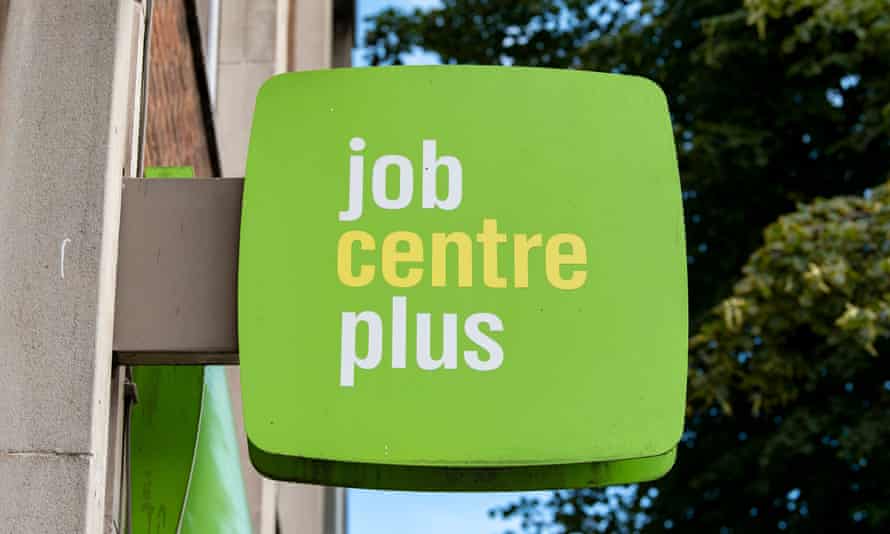
Unemployment in the UK Falls For First Time since Covid-19 Pandemic
Unemployment in the UK has fallen for the first time since the coronavirus pandemic began despite the toughest lockdown measures since the first wave spread a year ago, according to official figures.
The Office for National Statistics said the unemployment rate fell back slightly to 5% in the three months to January, representing 1.7 million people – down from 5.1% in the three months to December. City economists had forecast a rise in the jobless rate to 5.2%. The government’s furlough scheme continues to support the jobs market, with nearly 5 million people still on the emergency wage scheme.
The latest snapshot showed a 68,000 increase in the number of workers on company payrolls in February, by comparison with January, as the roadmap out of lockdown restrictions boosted prospects. It was the third consecutive monthly increase.
However the number of people on payroll has plunged by 693,000 since the start of the pandemic, with younger workers under the age of 25 accounting for 60% of the jobs lost since February 2020. Over half of the fall was in hospitality, while almost a third was in London.
The unemployment rate remains 1.1 percentage points higher than a year ago before the pandemic struck. Figures compiled by the ONS also showed the number of non-UK born workers in the final quarter of 2020 was half a million lower than a year ago.
Suren Thiru, the head of economics at the British Chambers of Commerce, said furlough and greater clarity provided by the government’s unlocking roadmap, as well as firms adapting to lockdown restrictions, had helped the jobs market.
“Extending furlough will limit the peak in job losses. However, with many firms struggling with the damage done to their cash flow by a year of Covid restrictions, unemployment is likely to remain on an upward trajectory until well beyond a full reopening of the economy,” he said.
The number of workers on furlough has risen to almost 5 million as the toughest lockdown measures since the first wave of the pandemic weigh on the economy. After repeated attempts to close the scheme last autumn when redundancies were rising at the fastest rate on record, Rishi Sunak used this month’s budget to extend furlough until the end of September.
Unemployment is expected to peak at 6.5% at the end of this year after the scheme ends, according to forecasts from the Office for Budget Responsibility.
The chancellor said supporting and creating new jobs had been his focus throughout the pandemic. “The continued success of the vaccine rollout provides us with hope for the future, and through our plan for jobs, we will continue to support people throughout the months to come,” he said

